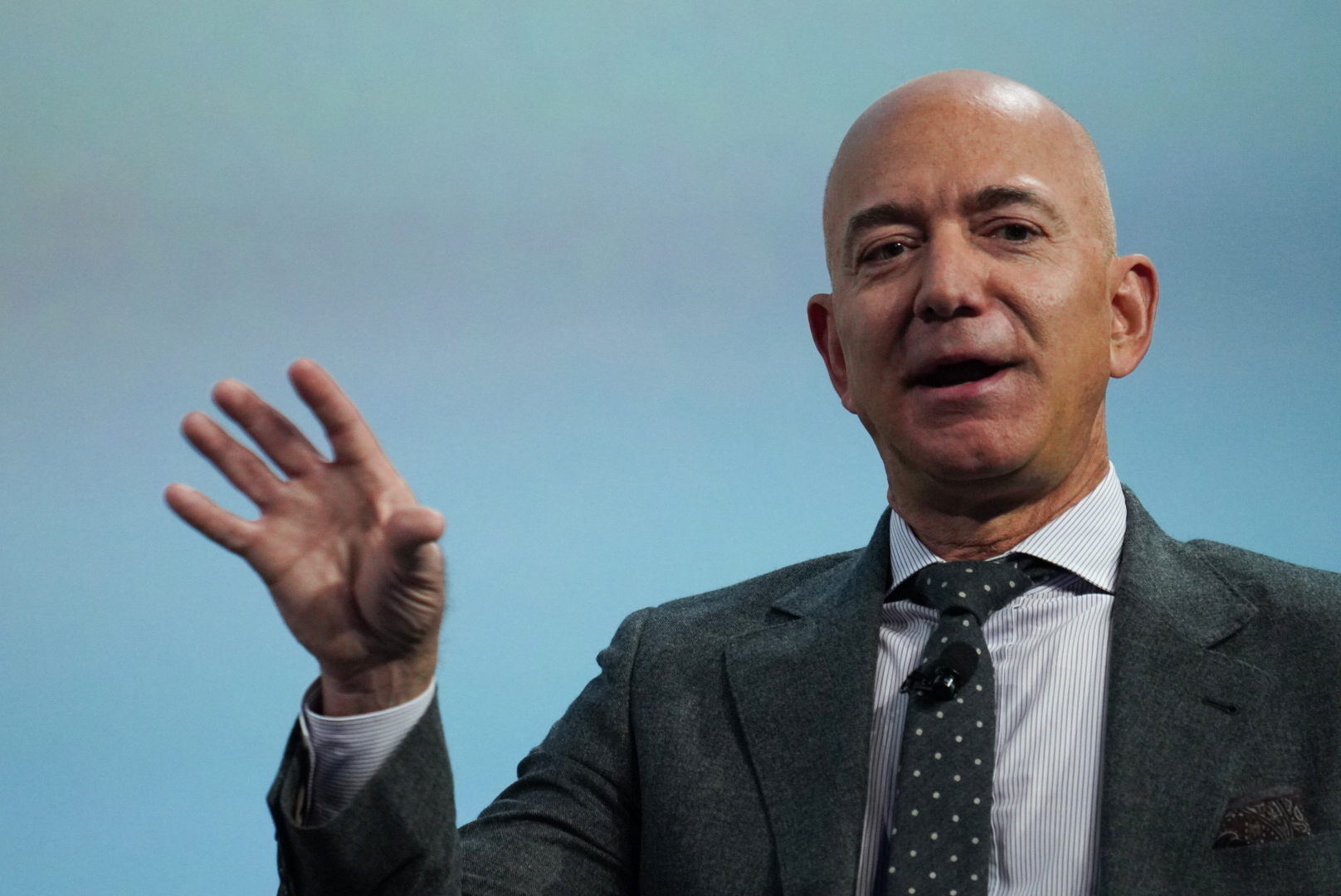New York — In a candid and wide-ranging conversation at The New York Times’ DealBook Summit, Jeff Bezos, founder of Amazon and owner of The Washington Post, outlined his perspective on the challenges and opportunities that might accompany a potential second administration under Donald Trump. Despite their contentious history, Bezos expressed optimism about engaging constructively with Trump, especially in reshaping the latter’s contentious stance toward the media.
Bezos stated unequivocally that he plans to persuade Trump to reconsider his view of the press as an adversary. “I don’t think the press is the enemy,” Bezos remarked during an interview with Andrew Ross Sorkin. “The press is not the enemy. Let’s go persuade him of this.” His comments signaled a willingness to directly engage with Trump, whose first term was marked by frequent attacks on the media, including Bezos and his enterprises.
During Trump’s presidency, Bezos became a frequent target. Trump criticized Amazon over tax policies and alleged anti-competitive practices, referred to The Washington Post as “The Fake News Washington Post,” and even intervened in Amazon’s bid for a $10 billion Pentagon contract—a move widely seen as retribution for the newspaper’s investigative reporting. Reflecting on that turbulent era, Bezos noted, “You’ve probably grown in the last eight years. He has, too.”
Bezos’ optimism extended beyond media relations. He praised Trump’s energy and focus on deregulation, indicating a readiness to collaborate if it serves mutual interests. “I am very optimistic this time around,” Bezos said. “He seems to have a lot of energy around reducing regulation, and if I can help him do that, I am going to help him.”
The discussion also turned to Bezos’ decision to veto The Washington Post’s endorsement of Vice President Kamala Harris, a move that created an uproar both inside and outside the newsroom. The decision, made just two weeks before Election Day, led to a cascade of resignations among editorial board members and significant subscription cancellations. Despite the fallout, Bezos stood by the choice, framing it as a step toward reinforcing the paper’s credibility. “We knew this was going to be perceived in a very big way. These things punch above their weight,” he explained.
Bezos argued that a nonpartisan stance was essential to maintaining trust in traditional media, which has faced a severe erosion of public confidence in recent years. “We’re struggling with the issue that all traditional media is struggling with—a very difficult and significant loss of trust,” he said. While critics accused Bezos of bowing to external pressures, he rejected the notion that the decision was influenced by concerns over potential retaliation against his other ventures, such as Amazon or Blue Origin. “That was certainly not in my mind,” he asserted.
Since acquiring The Washington Post in 2013, Bezos has faced mounting challenges in reversing the publication’s declining readership and revenue. However, he signaled that changes are in the works, fueled by innovation and a hands-on approach. “I have a bunch of ideas, and I’m working on that right now,” he shared. “I have a couple of small inventions there. So we’ll see.”
Bezos’ comments come at a time when tech leaders are positioning themselves to navigate potential shifts in regulatory landscapes under a Trump presidency. Meta CEO Mark Zuckerberg and Alphabet CEO Sundar Pichai have also initiated dialogues with Trump’s team, reflecting broader efforts by the tech industry to align with evolving policy priorities. On this dynamic, Bezos expressed a measured confidence, particularly when asked about Elon Musk’s influence. Despite competition between Musk’s SpaceX and Bezos’ Blue Origin, he said he takes Musk’s commitments to impartiality “at face value.”
As Bezos continues to straddle the worlds of media, technology, and space exploration, his remarks suggest a strategy of engagement and pragmatism. His vision for a recalibrated relationship between the press and government underscores not only his role as a media owner but also his broader efforts to influence policy in an era of political volatility.







